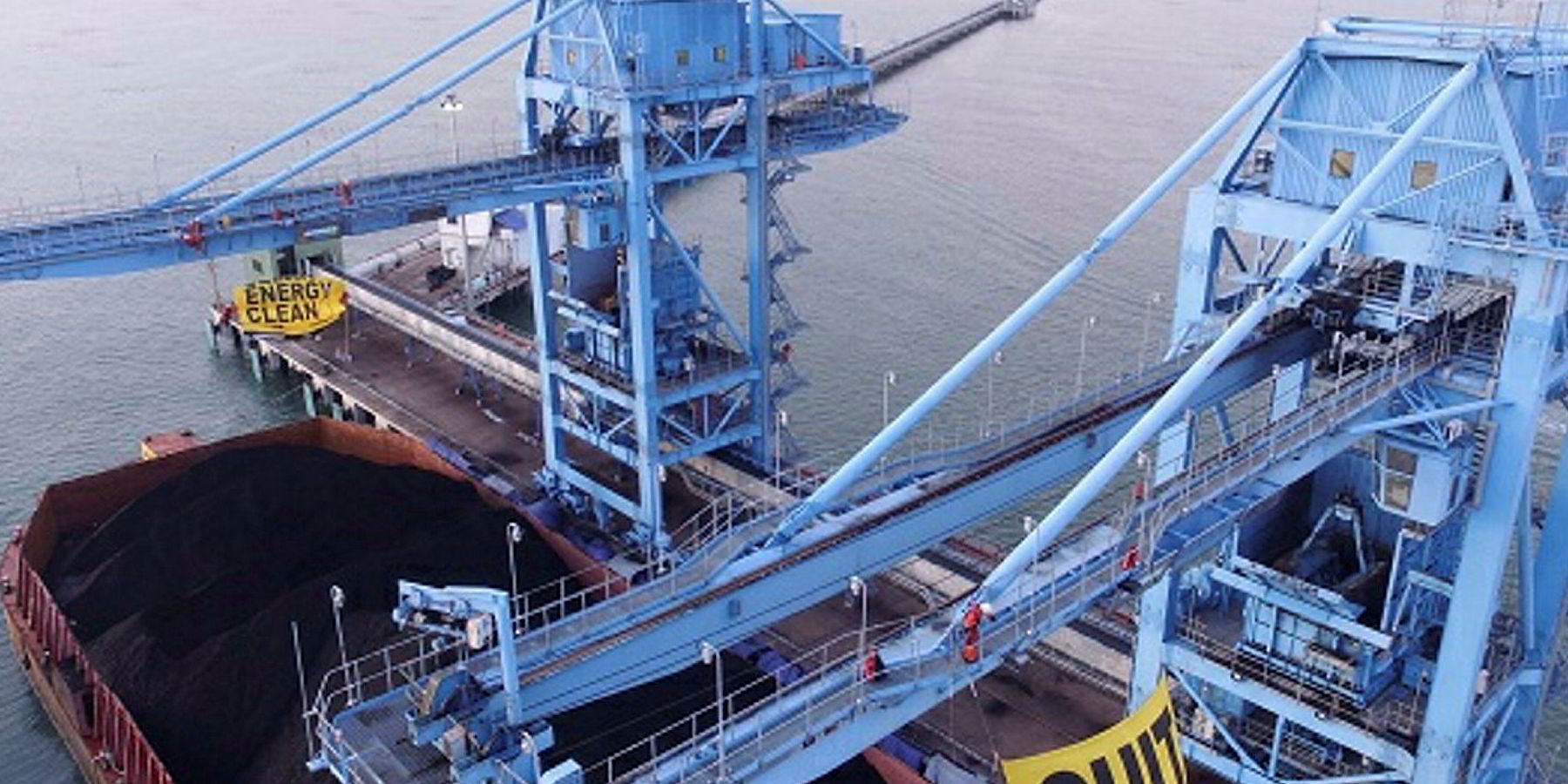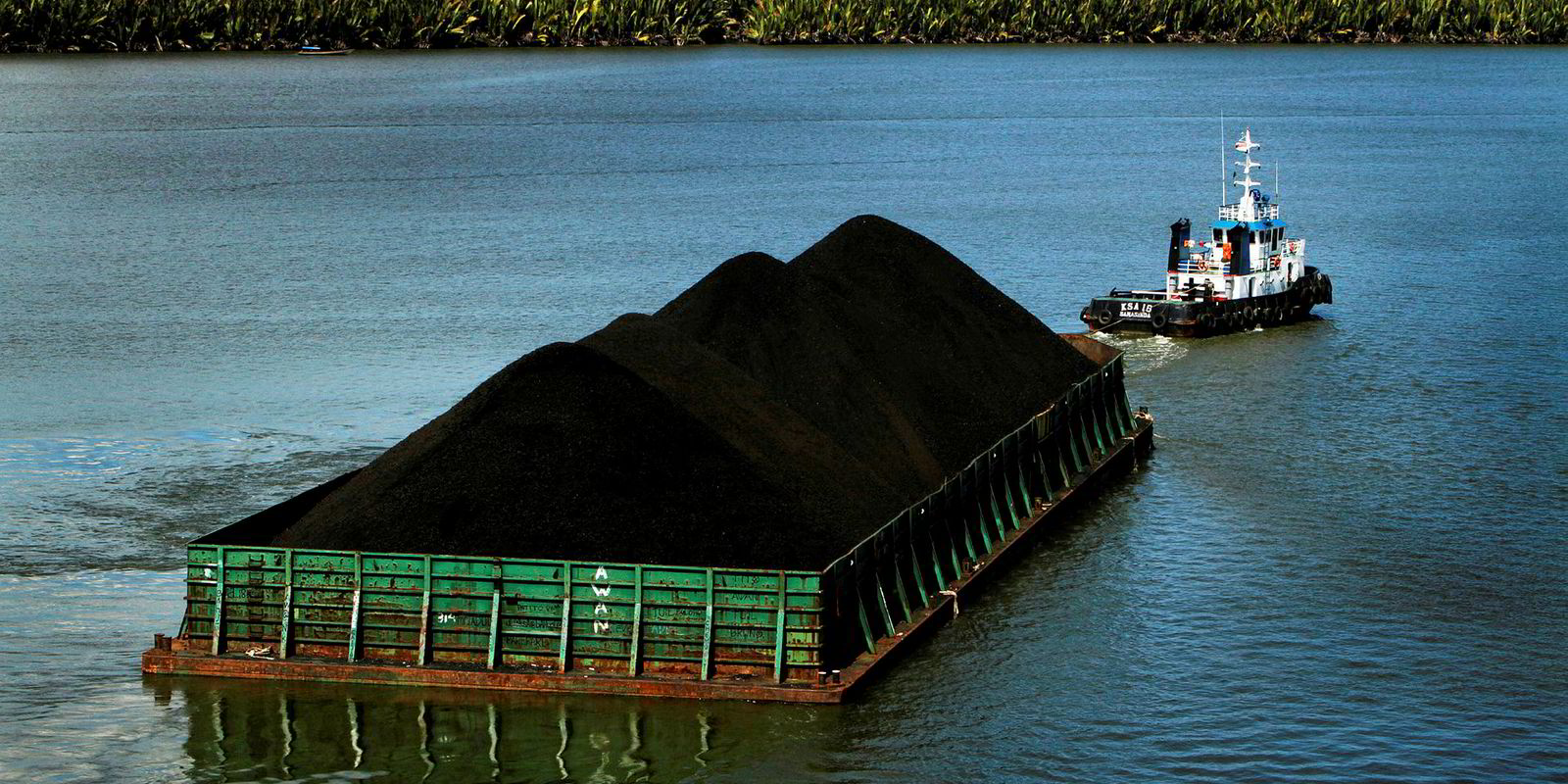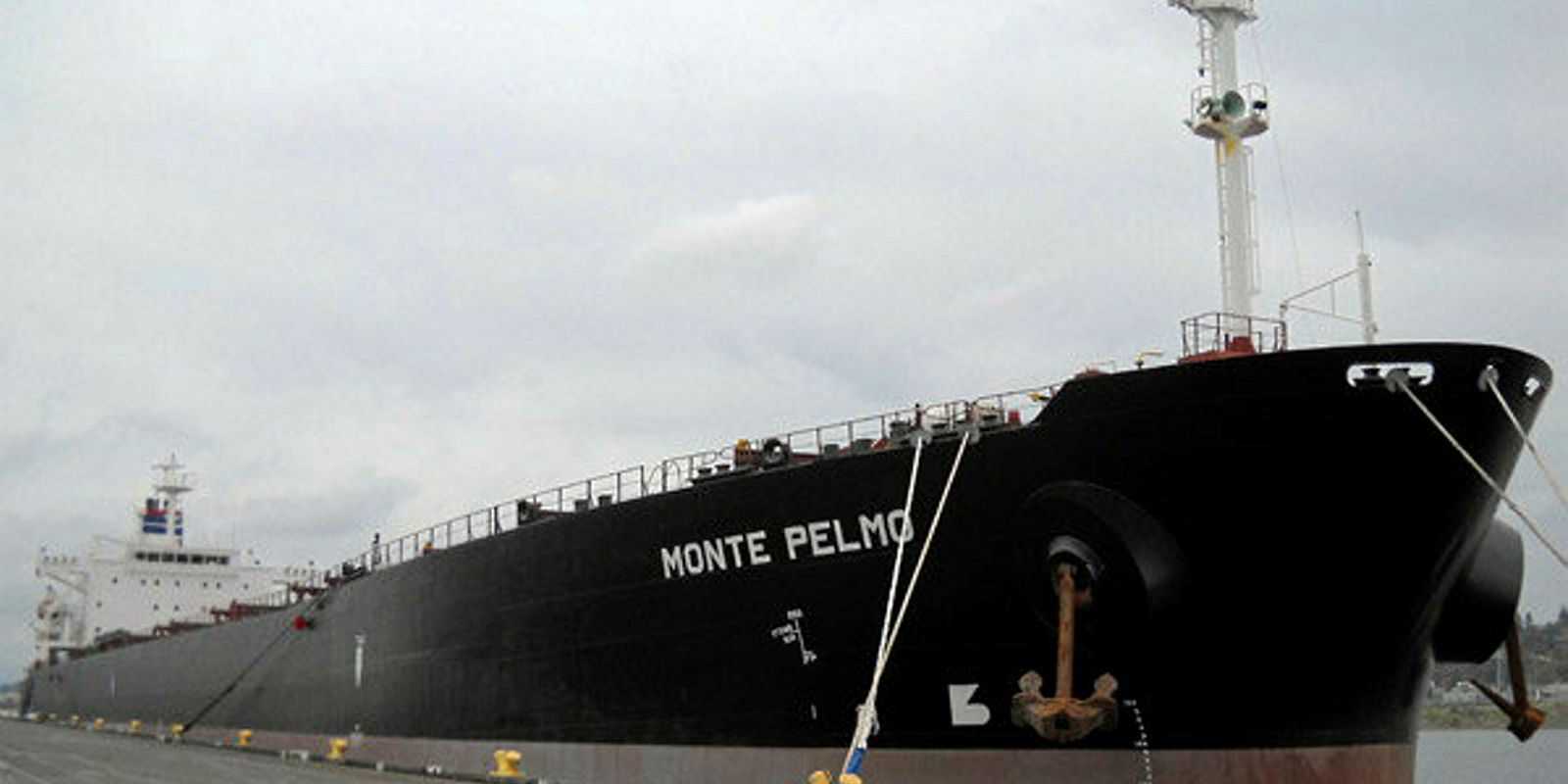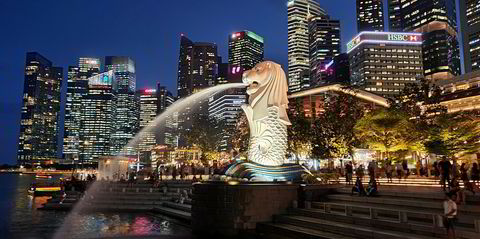Indonesia caused a stir in shipping circles earlier this month when it was suggested it would not be enforcing the IMO 2020 sulphur cap on ships under its national flag.
While non-Indonesian ships will have to abide by the upcoming 0.5% sulphur limit, locally registered vessels will be able to burn 3.5% sulphur content fuel to protect them against possible shortages in the availability of compliant fuel.
Skewing the playing field
The move goes against calls for a “level playing field” in the application of IMO 2020 around the globe.
The Trident Alliance, a coalition of shipowners and operators, has criticised the decision.
Chairman Roger Strevens warned: “The only sure-fire way to successfully implement the new global sulphur cap is to follow the regulations to the letter. Any local deviations from this would create unfair competition and may lead to non-compliance on a wider scale.
“It is extremely unhelpful to make such decisions so late in the day given the expense and effort the industry has already expended in preparing.”
The Indonesian government later issued a statement that it would abide by IMO 2020. But there are other ways in which the country is preparing to offer preferential treatment to its domestic shipping industry in the face of international competition.
Despite widespread reports that the Indonesian Ministry of Trade had revoked a 2017 law that would require palm oil and coal exports to be carried only on locally controlled vessels that are insured by local companies, the legislation is still active.
The only sure fire way to successfully implement the new global sulphur cap is follow the regulations to the letter. Any local deviations from this would create unfair competition and may lead to non-compliance on a wider scale
Roger Strevens
Legal sources say the 2017 law, known as the Utilisation of Indonesian Sea Carriage and Insurance for Export of Certain Goods, has been replaced by a new 2018 version.
The legislation basically requires that cargoes are sold on a cost, insurance and freight basis through local shipping companies.
Protectionist measures
To give an idea of the market segment these rules seek to protect, Indonesia is the world’s second-largest exporter of thermal coal, with shipments expected to reach 435m tonnes this year, according to broker Clarksons. It also exports about 30m tonnes of palm oil per annum.
The revised law is being rolled out in two phases and includes amendments to calm the concerns of shippers over the availability of cover and tonnage locally, but leaves questions unanswered for importers.
In February, the requirement to source insurance locally was enforced. But under the revised regulations, cargo cover can be secured from a “consortium” of providers. This has addressed concerns over the availability of cargo insurance cover required. However, importers are still worried over the adequacy of the cargo cover.
The second phase, the domestic carrier requirement, is scheduled to come into force in May 2020. Jakarta delayed an original April 2018 implementation date after the local shipowners' association persuaded lawmakers that there would not be enough tonnage available.
To address the potential tonnage shortage, the revised legislation has added an exemption that foreign-flag tonnage can be used if there is no local tonnage available.
Trident Alliance chairman Roger Strevens: The only sure-fire way to successfully implement the new global sulphur cap is to follow the regulations to the letter
However, the proof required from importers to qualify for the “exemption” has not been made clear. There is also a question over how the law will legally affect foreign ships that are currently employed under long-term charter or freight contracts to carry Indonesian exports.
Call for a rethink
The Japanese government and shipping industry have already made strong representations to Jakarta to withdraw the law. Indonesia is Japan’s second-largest source of imported coal after Australia, accounting for about 29m tonnes each year.
The general view among shipping sources is that as the implementation date approaches, Indonesia will again be forced to delay the regulation because of the potential damage to trade.
But there could be more to come from Indonesia to worry shipowners involved in the bulk trades.
Local news sources quoted Indonesian President Joko Widodo last week as saying that he wants to bring forward a planned ban on mineral exports scheduled for 2022.
The ban is intended to promote the development of nickel ore processing in Indonesia. Indonesia is the largest exporter of the 70m tonnes of nickel ore shipped each year.
Shipping demand
A previous ban was revoked in 2017 because it failed to promote a nickel smelting industry and Indonesia’s export volumes were simply taken up by the Philippines.
A combination of local Indonesian shipping requirements on coal and palm oil cargoes, added to a ban on mineral exports, would have a significant impact on Asian shipping demand in the coming years.
Protectionism has no place in modern shipping markets, which can only thrive with free and fairly-policed competition and safety standards.






